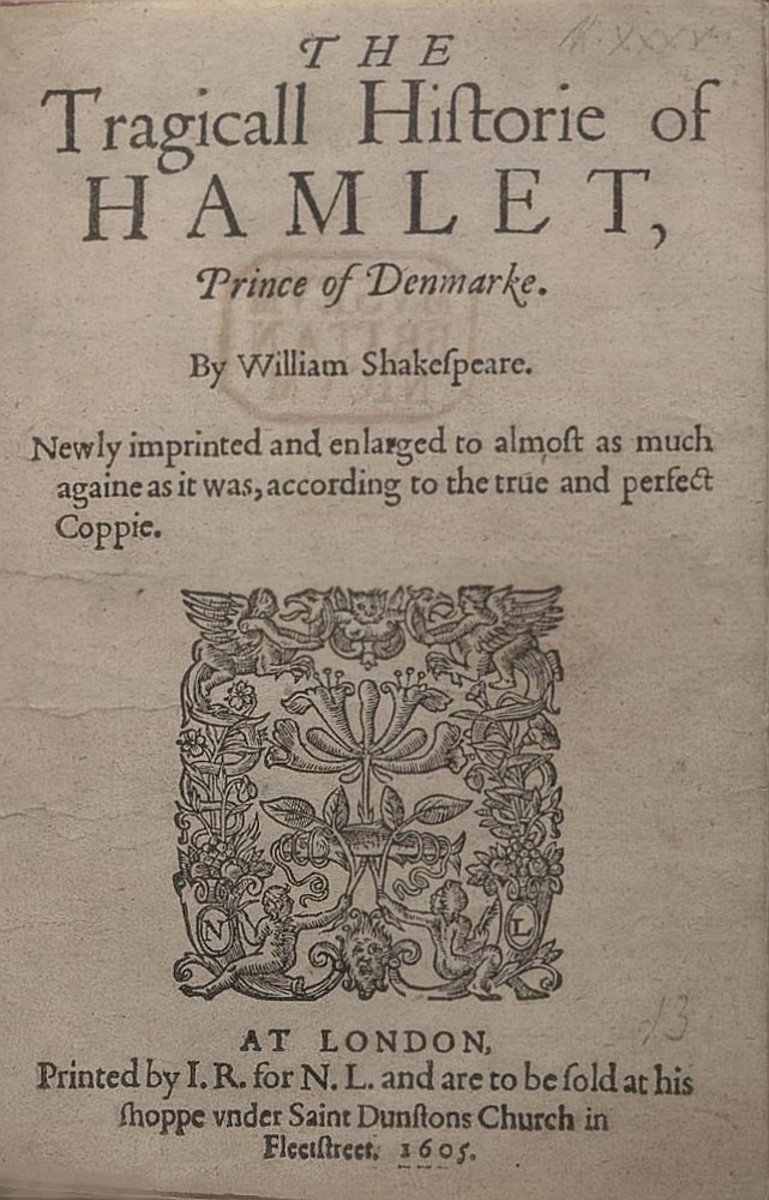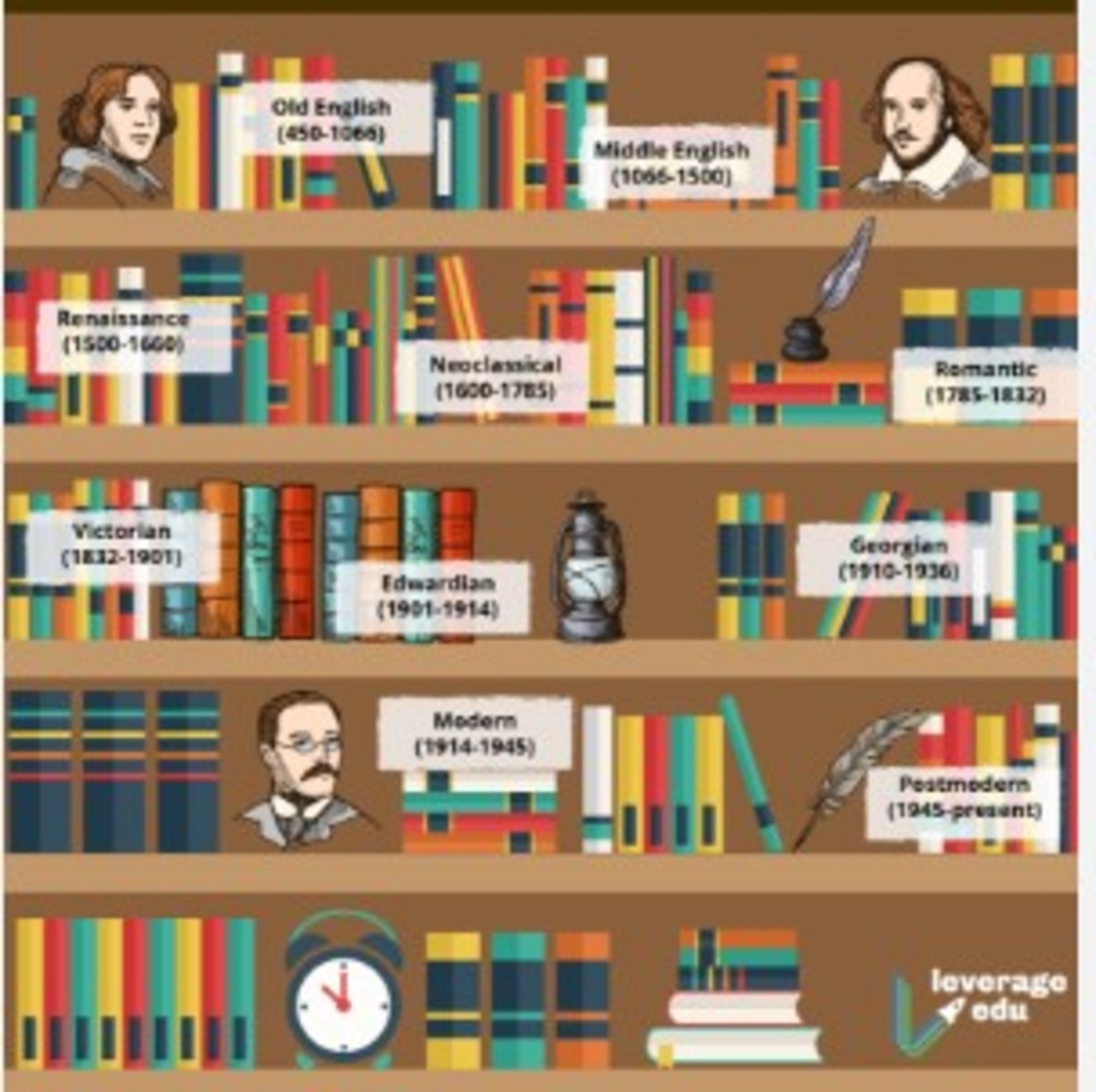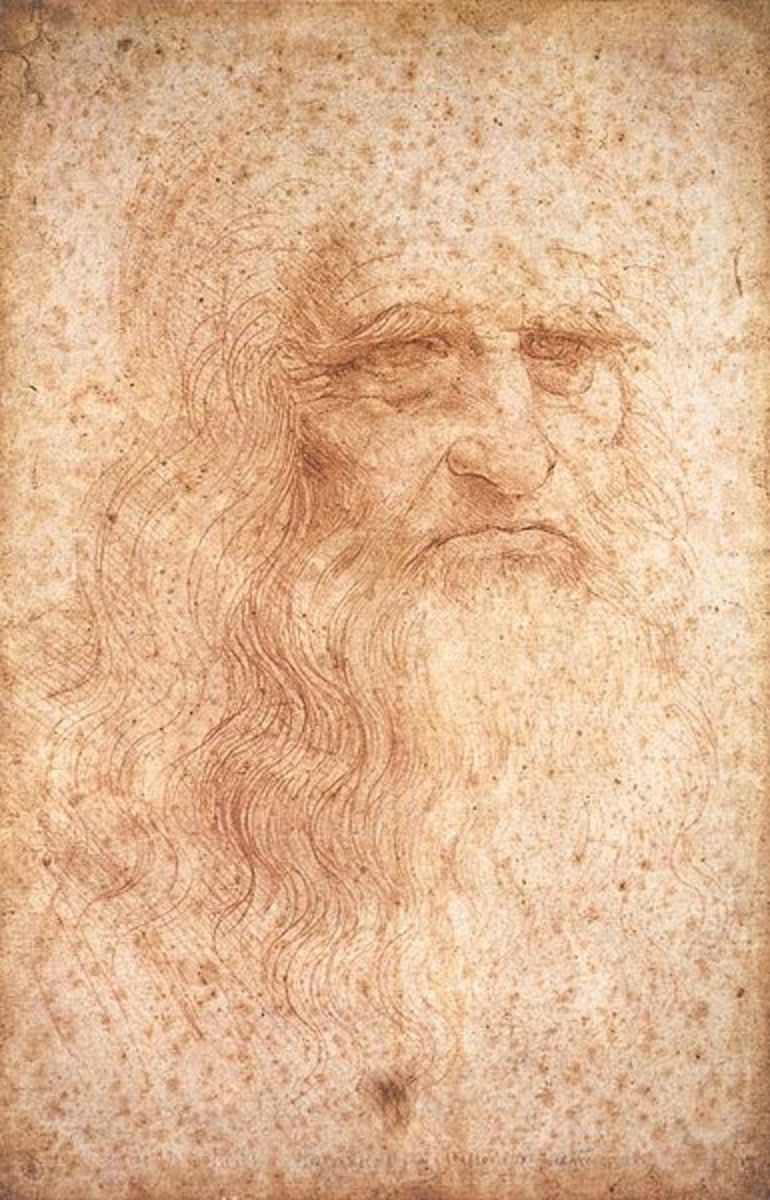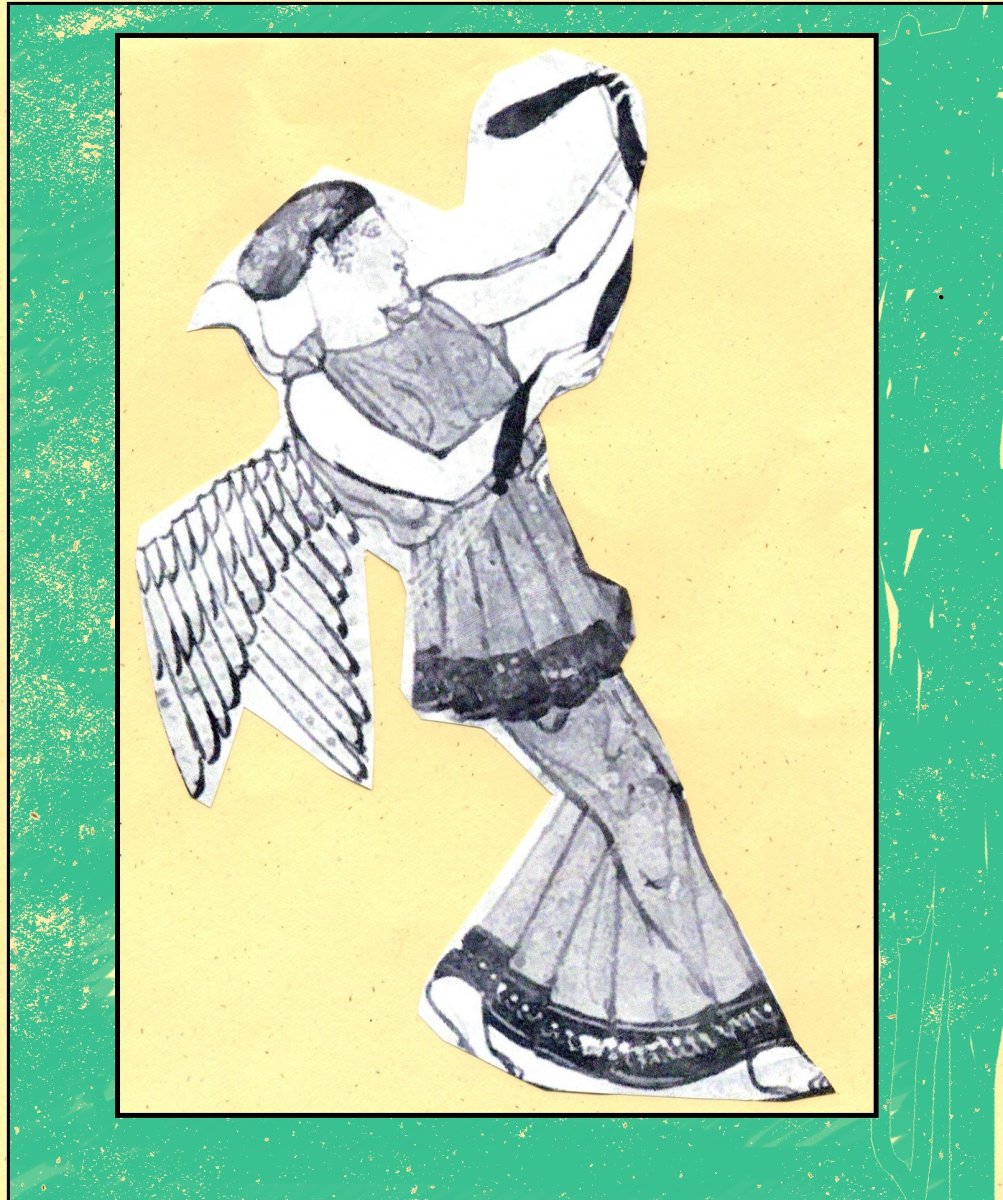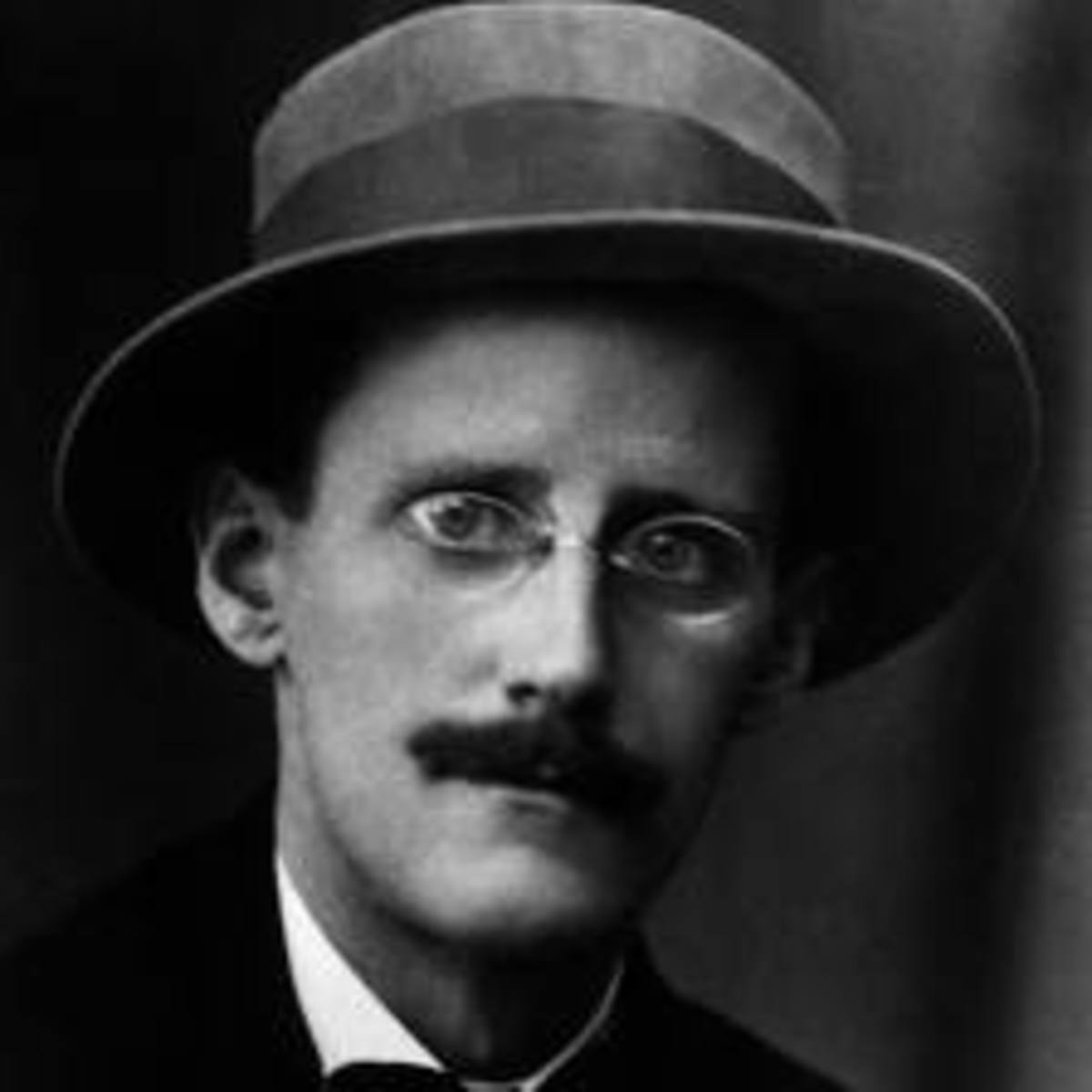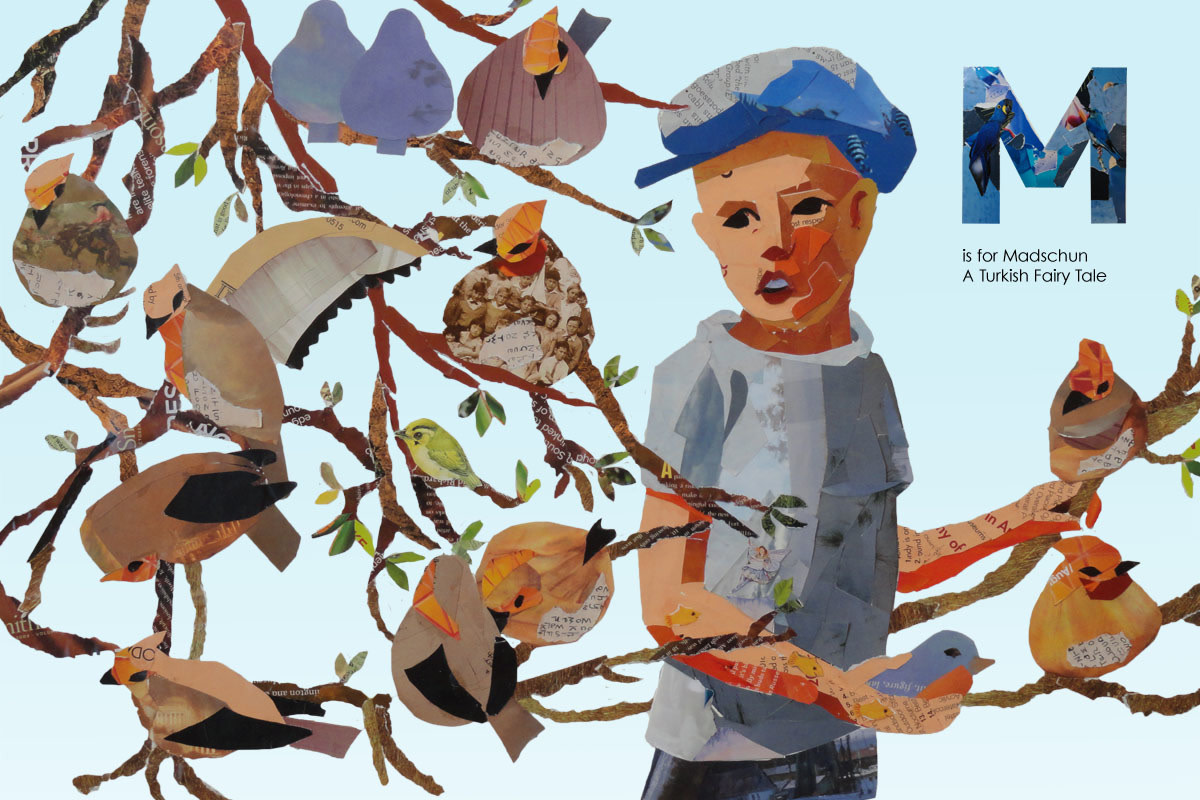Marko Marulić - Renaissance Man from Split, Croatia and Father of both Croatian Literature and Modern Psychology
The man and the times
Born in a noble family, the father of Croatian literature was born during the Renaissance as was his contemporary, Petar Hektorović. This was one of Split's most memorable eras. Due to Split being the port of entry between the Balkan peninsula and the import-export traffic from the Orient, Split grew to become a very beautiful and luxurious city. During the Middle Ages, many opulently designed Romanic, Gothic, Baroque and Secessionist family palaces were built which have been converted into city buildings or museums today. Another important structure, the Lazareta, was built by a Jewish businessman who had escaped the Inquisition in Spain. His name was Daniel Rodrigo, and he was responsible for many contemporary additions to the city's port of entry.
Nobleman's Son
Marko Marulić was born on August 18, 1450 in Split from the aristocratic family Pečinić. His family started using the last name Marulić around the time of his birth. He is known as Father of the Croatian Renaissance due to his humanist beliefs. This was a popular trend in Europe at the time, a resurgence of interest in spiritual matters around the year 1500. (Some scholars thing that people worry about death, redemption and heaven particularly at the end of a cycle, like the year 1000 or 2000, for example, and in this case, the year 1500 was no different.)
Wild Nights
It is said that in younger days he was quite a legendary womanizer. He and his friend Papalić (another important family in Split) were in love with the same woman. Instead of fighting over her, they decided to share her, and they would take turns every other night visiting her. As it so happened, his friend insisted that they switch nights and Marko agreed. It was that night, unfortunately, that her father discovered the two of them together and killed them - both his daughter and her lover Papalić. Marko Marulić later honored his friend Papalić in many of his works.
Split in the Middle Ages as a backdrop
Split's city walls were built during the ancient days of the Diocletian (Dioklecijan). The combination of styles within the city made it even more attractive and culturally eclectic. The Jewish quarter of town near Bosanska Ulica (Bosnia Street) was bustling and a synagogue was built which is still in use. Jews lived in peace in Croatia - having a 10 pm curfew and allowed to do business as they pleased, unlike many parts of Europe during that time. The age of humanism had begun. The only real threats to this glorious time were regular invasions along the Dalmatian coastline by the Turks and the black plague,which was probably brought from Asia on the trade ships.
Marko Marulic, Humanist, Psychologist and More
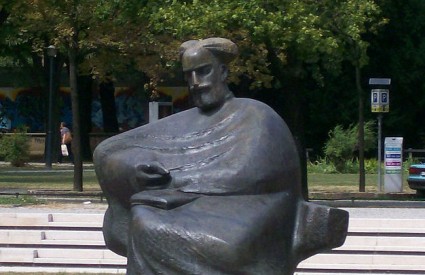
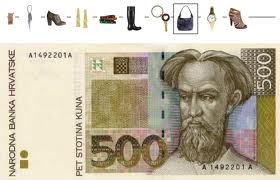
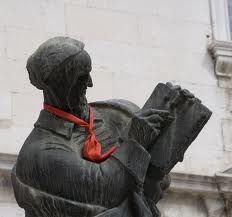
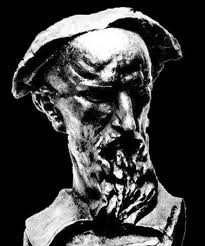
Change of life experience - St. Francis Xavier
This effected him greatly, and he repented of his former ways, beginning following the lifestyles of saints and other venerables. Due to his spiritual quest, he wrote the first book in Croatian which was also patterned after the Bible, the Old Testament story of Judith who ended up marrying the king and saving the Jews from slaughter during exile. For this, he is bestowed the name of Father of Croatian literature. Nearly all of his printed works are published with his name as Marko Marulić Spličanin (Marko Marulić of Split)
On an entirely different vein, Marko Marulic was the first to define the use of the notion of psychology. Besides literature, he wrote books on human behavior. The book, De Institutioni bene vivende, published in 1549 in Venice and written in Latin, was one of the books that highly influenced St. Francis Xavier, founder of the Jesuits - Society of Jesus. When he left his home in Spain to do missionary work in Asia, it was one of the only books he brought with him, referring to it second only to the Bible.
His life and his works
As far as historians know, Marko Marulić graduated from high school in Split and went to college in Padua. He occasionally visited Venice (where Judita or Judith was published, in 1501) and to Rome, where he joined in the festivities in celebrating the turn of the century. The cinquenta - or the year 1500 - was an occasion to share in, much like we did recently in the year 2000.
He also lived two years in Nečujam on the island Šolta working as a judge and notary. Among the distinguished men of his day, he became the most noted of them all for his published works - some in Latin, others in Croatian. About 80% of his works were written in Latin, with the remaining 20% being written in Croatian, consisting mainly of poetry and humanistic writings. His epic poem Judita was written in čakavian dialect in, as he put it, "Croatian stanzas" flowing like a song, not unlike Dante's Divine Comedy which is also written in stanzas.
He took it upon himself to write a letter to the pope for help against the Turks in the Ottoman Empire which continually invaded the Croatian coastline unabated. Unfortunately, nothing came of it. His friend Petar Hektorović nearly drowned as a young boy trying to escape the Turks fleeing to Italy in a fishing boat. This impressed him for the rest of his life, and he wrote book on Fishermen as a salute to them. He also built the Tvrdalj, or Fortress in Hvar to protect his friends and neighbors from their next attack (which occurred again towards the end of his lifetime).
Some of his other works include another Biblically inspired poem, Suzana. This was followed by Poklod i Korizma (Maskarade or Mardi Gras and Lent), Molitva Suprota Turkom Prayer against the Turks that “only God can help us“
His psychological works include10 or more European published works, including “A good life using the saints as a good example".
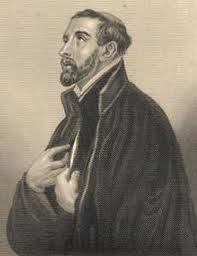
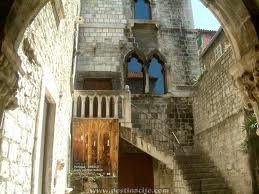
First Book written in Croatian
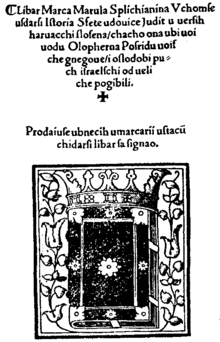
Where to find him?
Honored by the Croatian government as a cultural great, he is shown on the 500 kuna note.
His family's house still stands and is located in the northern section of the Dioklecian's Palace near the City of Split Museum.
A statue of him holding onto a book graces Trg Brace Radić - also known as the Fruit square in Split. Crafted by Ivan Mestrović, he gives an imposing look to passers by and is located in front of the Milezi Palace on the Square, which is adjacent to the Splitska Riva - Split Seaside walkway.


